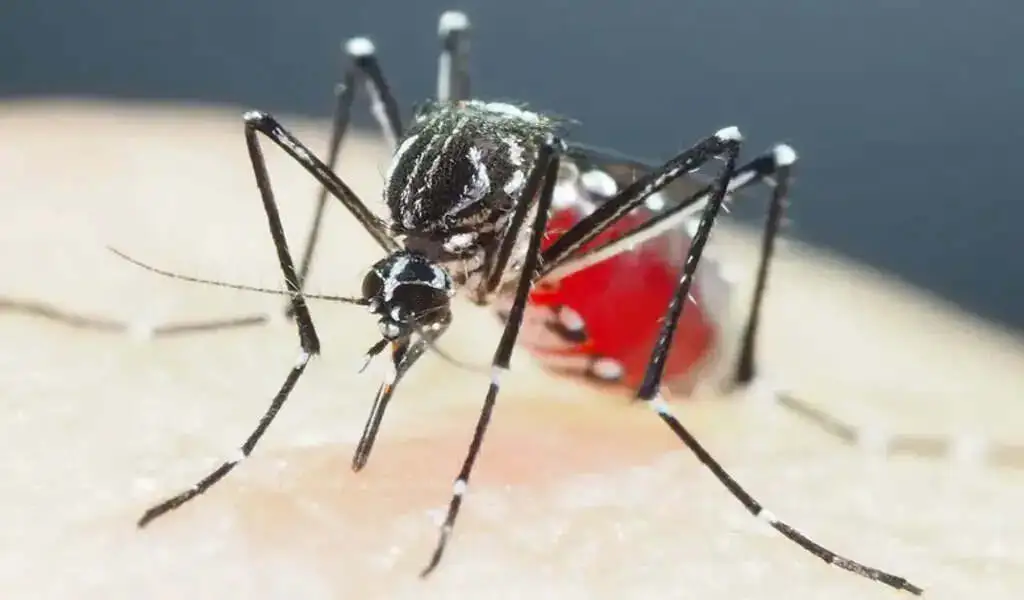(CTN News) – In Cambodia and Vietnam, insecticide-resistant mosquitoes have been discovered, raising concerns about their impact on the control of infectious diseases.
In addition to yellow fever, dengue fever, and Zika virus, the Aedes aegypti mosquito is one of the major vectors of these diseases.
Insecticides are often used to control the populations of these insects in tropical and subtropical regions of the world.
It is pertinent to note that many of these chemicals belong to a class of chemicals called pyrethroids, which target insects’ nervous systems and cause paralysis and death.
There is no doubt that pyrethroid resistance is a problem when it comes to controlling mosquito populations, but it is unclear how extensive the problem is.
A study conducted by Shinji Kasai and his colleagues at the National Institute of Infectious Diseases in Tokyo sampled 23 populations of mosquitoes from Ghana, Taiwan, Vietnam, and Indonesia.
A large dose of permethrin, a commonly used pyrethroid insecticide, was sprayed in each population to kill 99 percent of mosquitoes.
Nevertheless, some populations suffered more damage than others. In the most resistant population, which originated in Vietnam, less than 20 percent of the mosquitoes were killed.
Following this, Kasai and his colleagues analyzed the genomes of two populations of mosquitoes that had been found to be particularly resistant to insecticides in Vietnam.
According to their findings, pyrethroid resistance was linked to a particular mutation, called L982W.
It was found that this mutation, along with three others previously linked to pyrethroid resistance, was present in mosquito populations from Singapore and Cambodia that had demonstrated high levels of resistance to the insecticide.
10 different strains of mosquitoes were found to be resistant to pyrethroid – some of which contained L982W combined with other mutations.
Approximately 78 percent of the mosquitoes collected from Vietnam and Cambodia belonged to one of these strains. Those mosquitoes carrying the L982W mutation were able to tolerate 50 to 100 times more pyrethroids.
Furthermore, the team identified mosquitoes carrying a combination of mutations, including L982W, that were capable of withstanding 500 to 1000 times higher doses of pyrethroid. The majority of mosquitoes collected in Phnom Penh, Cambodia, belonged to this strain.
According to Kasai, neighboring countries, such as China and Thailand, should determine whether these mosquitoes are prevalent there as well. “We need to determine if these mutations are spreading.”
According to David Weet man of the Liverpool School of Tropical Medicine in the UK, the study emphasizes the danger of pyrethroid resistance.
“Whether the newly identified mutant combination in this study poses a significant threat or has a high potential for spreading remains to be seen,” he explains.
There is insufficient evidence – beyond quite high frequencies in Vietnam and Cambodia – for the balance between fitness benefits and costs in the wild.
It indicates that control programmers that rely on pyrethroid spraying may need to consider alternatives.
However, this should have been done already given the widespread nature of pyrethroid resistance, although perhaps not to the extent identified in the study.
SEE ALSO:
Europe’s Multidrug-Resistant Organisms Are On The Rise






